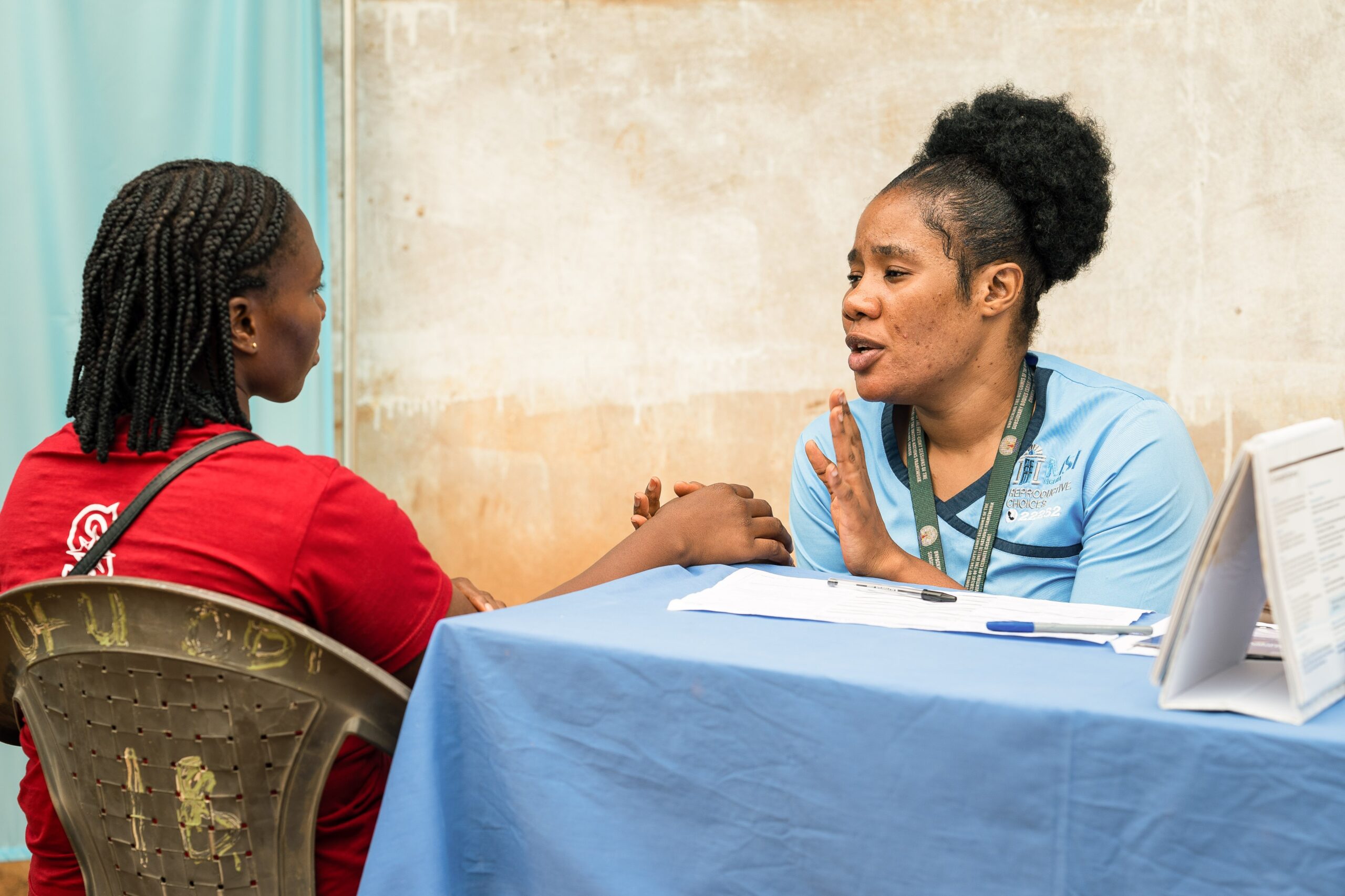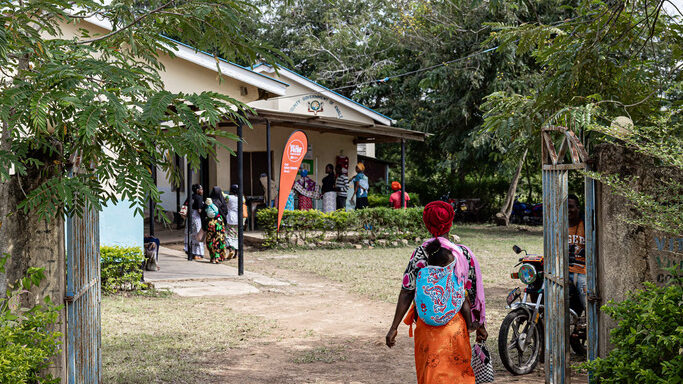Cervical cancer is the second most commonly diagnosed cancer amongst women in Bangladesh, with 8,000+ new cases reported in 2018. In response, MSI’s programme in Bangladesh (MSB) implemented a GSK funded project to provide cervical cancer screening & preventative treatment plus HPV vaccinations in Dhaka.
Across Dhaka, nearly 1,000 women were tested for precancerous cervical lesions. Women in poor areas of Dhaka, including sex workers and women living in slums, were found to be at particularly high risk, with a third of women living in slums and half of sex workers testing positive for lesions and receiving follow up treatment, including cryotherapy. WHO guidelines state that to allow the cervix to heal, women should be abstinent for at least 4 weeks following cryotherapy, or at least use condoms, but for many women, this is not feasible.
Through our monitoring of the programme and interviews with clients, we wanted to find out: how can we make cryotherapy treatment as safe as possible for these clients? Our findings have now been published in Women’s Health, as well as in the below evidence brief. Here’s what we found and what it means for our programmes…








